Fictional Villains Who Were ‘Redeemed’ but Never Actually Changed
Redemption arcs in fiction are supposed to mark growth, but some characters seem to get handed a redemption badge without doing much of anything to deserve it. They help the heroes once, maybe twice, and suddenly they’re part of the team, while still acting the way they always have. Here’s a look at characters whose “redemption” came without much reform.
Vegeta – Dragon Ball Z
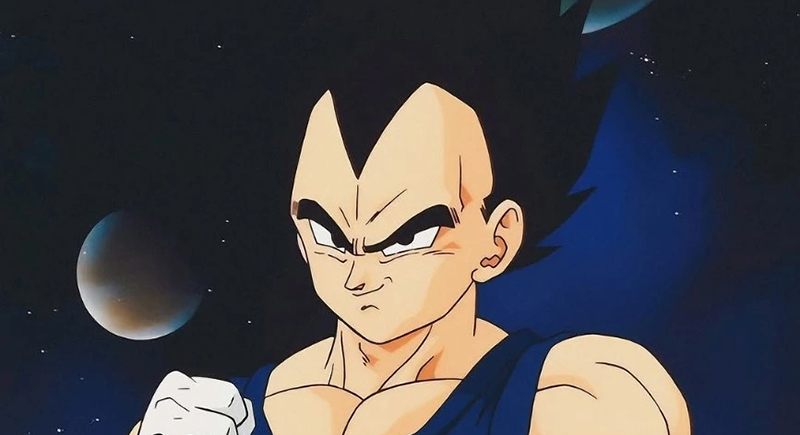
Credit: Instagram
Vegeta destroyed planets and fought against Earth’s defenders for years before he was welcomed into their circle. Even after joining their side, he remained driven by pride and a thirst for competition rather than selflessness. His goals aligned with the heroes’ at times, but his personality stayed abrasive and self-centered.
Emma Frost – X-Men
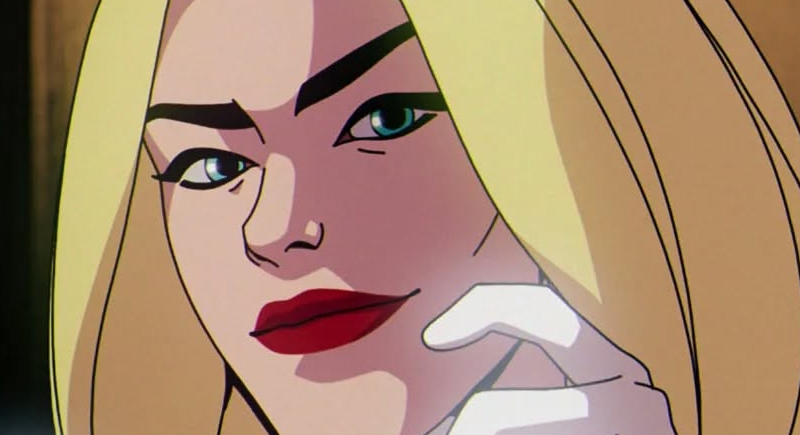
Credit: Instagram
Emma went from enemy to educator, but let’s not pretend she became a different person. She kept her manipulative style and “I know better than you” vibe. She’s just as capable of backroom deals and moral gray areas—only now she does them while wearing an X-logo.
Deckard Shaw – Fast & Furious Franchise
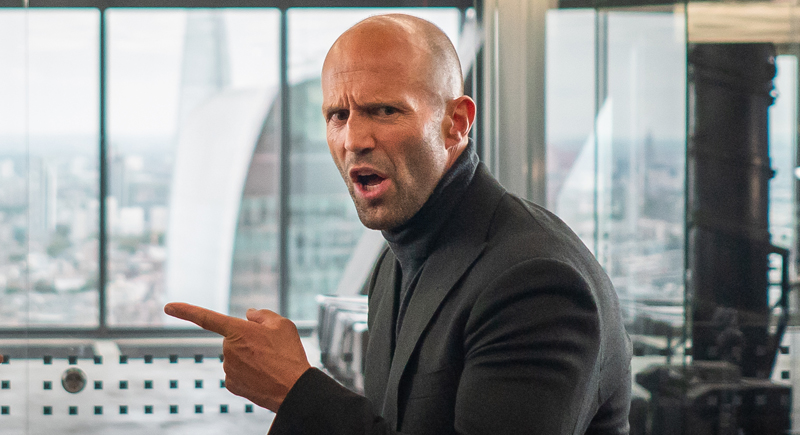
Credit: IMDb
Fast fans are still debating why Dom invited Shaw to dinner. He spent an entire movie making life miserable for the crew and was responsible for Han’s absence. Yet suddenly, he’s quipping over drinks like one of the gang.
Snape – Harry Potter Series
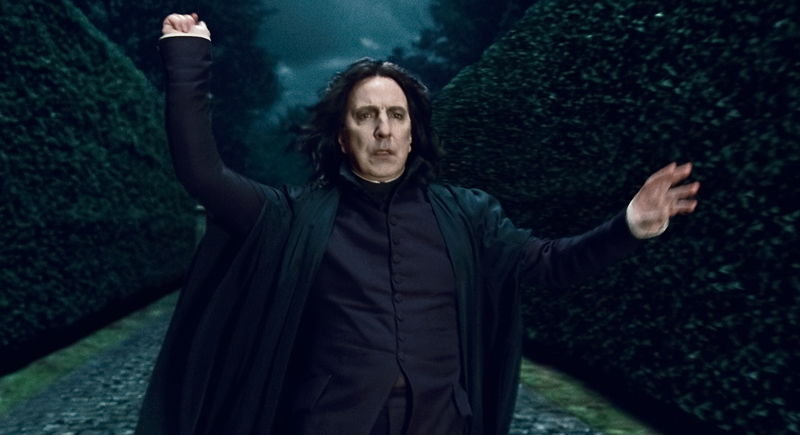
Credit: IMDb
He bullied kids and terrorized classrooms for years. At the end, Snape reveals a tragic backstory, and suddenly, he’s hailed as misunderstood. But none of that explains away the cruelty he dished out regularly. What was revealed was a man who suffered, not a man who changed.
Magneto – X-Men: Apocalypse
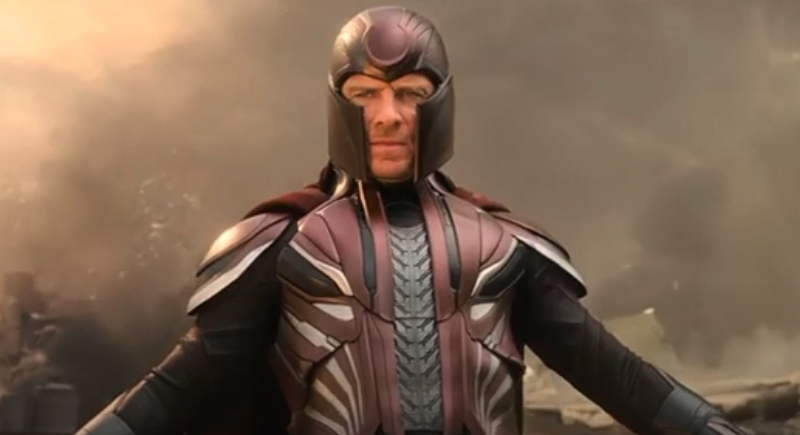
Credit: Youtube
One minute, Magneto is reshaping the planet; the next, he helps Charles stop an ancient mutant. The movies treat it like a breakthrough. But he didn’t adopt a new worldview—he just redirected his focus for a scene. After the dust settles, he disappears.
Harley Quinn – DC Comics
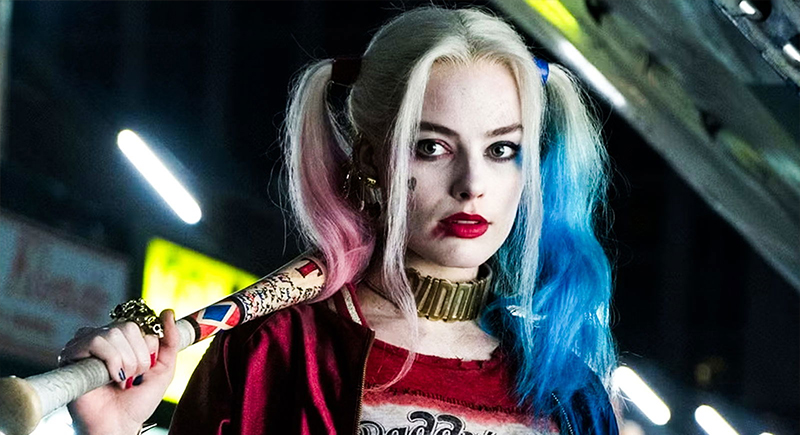
Credit: IMDb
Breaking free from the Joker was important, but Harley’s redemption arc still leaves her causing chaos. She joins hero teams and gets framed as an antihero, yet the violent impulsivity never leaves. She’s likable and unpredictable, but her methods remain destructive.
Hector Barbossa – Pirates of the Caribbean
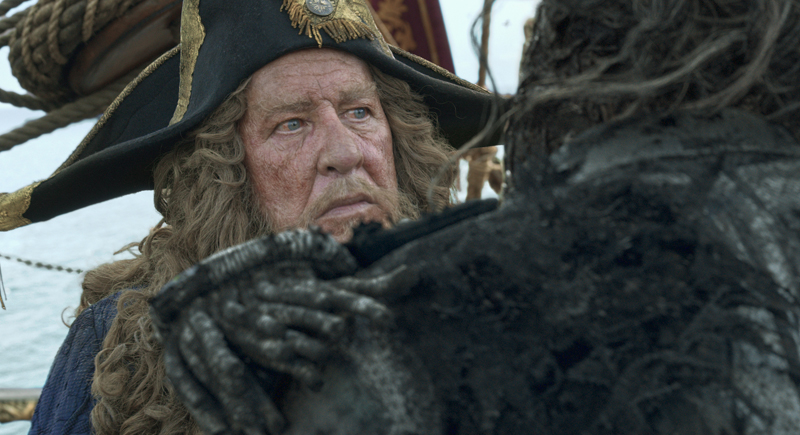
Credit: IMDb
Barbossa begins as a schemer who betrays allies and seizes ships for himself. Over time, he’s shown acting to protect his daughter and partnering with Jack Sparrow. Yet even in these moments, his motives remain rooted in personal codes and advantages. The sacrifice didn’t erase a career built on cunning and self-interest.
Rohan Kishibe – JoJo’s Bizarre Adventure
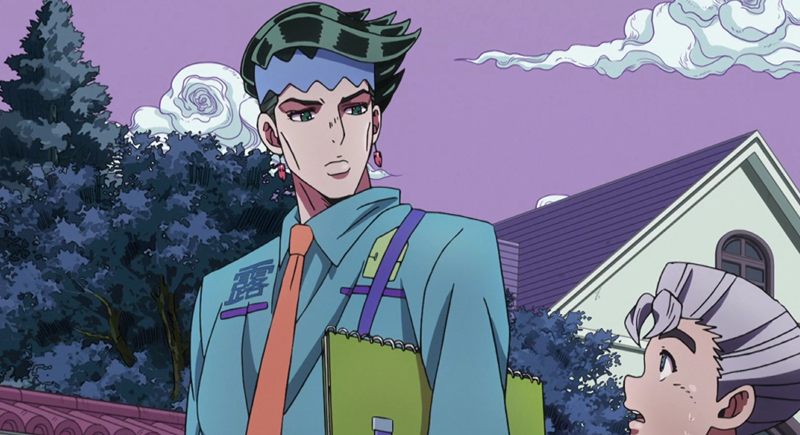
Credit: IMDb
After being introduced as a villain with a creepy obsession and a terrifying Stand, Rohan becomes a recurring ally. But nothing softens about him. He stays arrogant, intrusive, and dangerously intense about his manga work. His inclusion in the main cast doesn’t reflect redemption as much as narrative convenience.
Red Hood – DC Comics
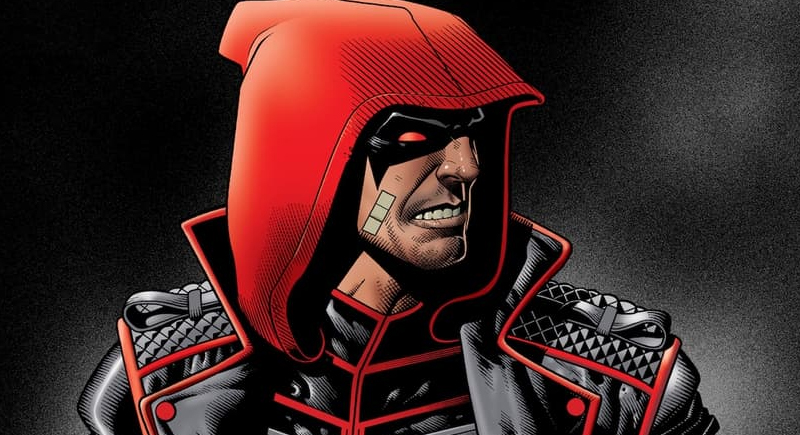
Credit: IMDb
Jason Todd returns as Red Hood, a vigilante with a volatile sense of justice. Although he reenters the Bat-Family, his harsh tactics and loose code of conduct persist. Calling him redeemed stretches the definition—the character operates outside the ethical boundaries his allies try to uphold.
Bee – The Babysitter
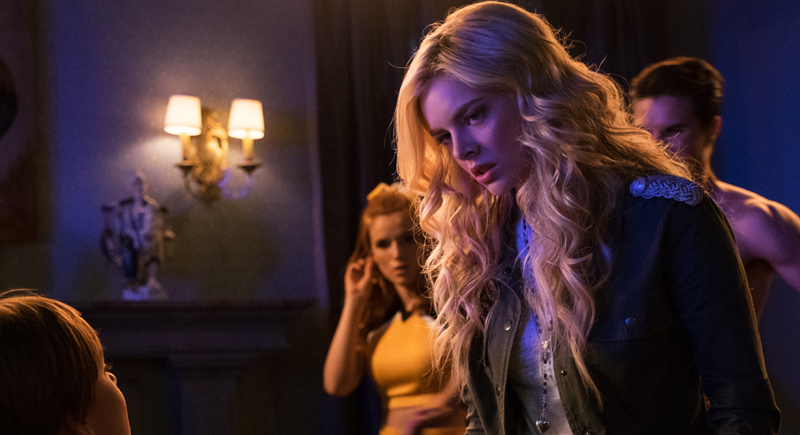
Credit: IMDb
Bee literally tried to sacrifice a child for a Satanic ritual. Yet, in the sequel, she’s presented as protective, even noble. There’s no reckoning with her previous actions. The story simply recasts her as the lesser evil.
Askeladd – Vinland Saga
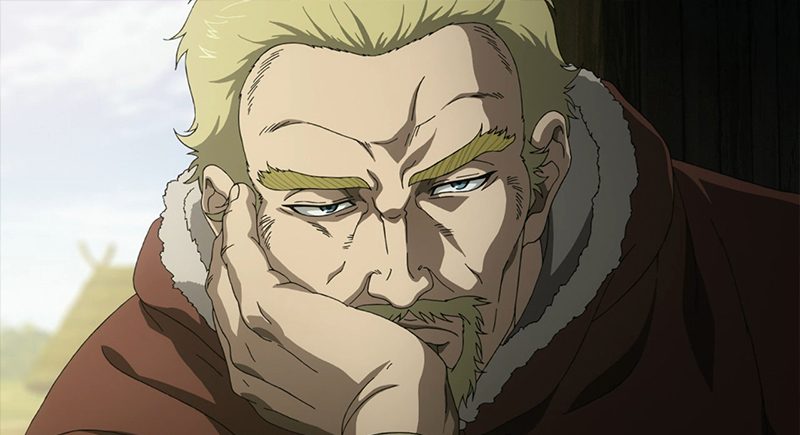
Credit: IMDb
Askeladd led raids and orchestrated events that devastated lives, yet earned admiration for his complex motives. His decision to sacrifice himself for Wales is treated like a heroic moment. Still, he never apologizes or shows any personal transformation. His actions come from calculation and pride, not from a moral awakening.
Scarlet Witch – Doctor Strange in the Multiverse of Madness
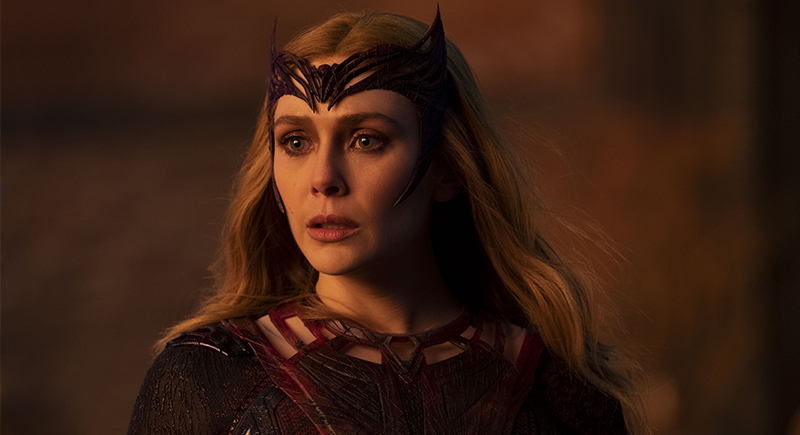
Credit: IMDb
Wanda relentlessly pursues her children across universes while cutting down anyone in her path. At the end, she realizes the fear she’s caused and stops. The film treats this as a moment of redemption, yet nothing in her journey involves reflection or accountability. While her pain is understandable, her rampage isn’t.
Sinestro – DC Comics
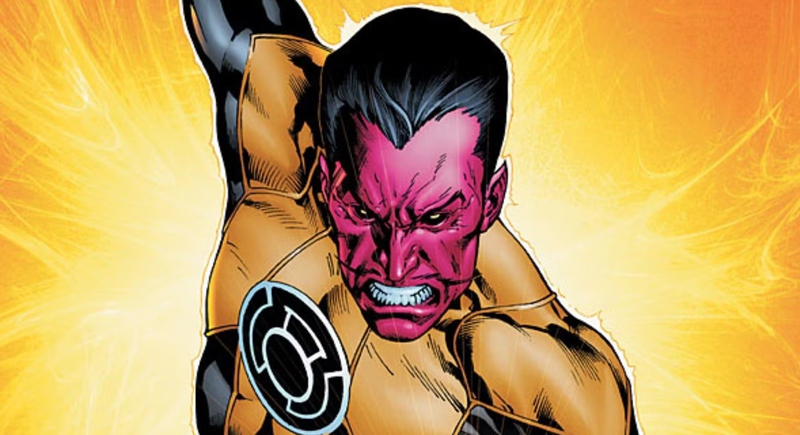
Credit: IMDb
Once the face of fascist control in the Lantern Corps, Sinestro briefly teams up with the heroes to stop Nekron. For a moment, he’s treated like a necessary ally. But his core beliefs—order through fear—never waver. After the crisis, he slips back into villainy.
Anton Ego – Ratatouille
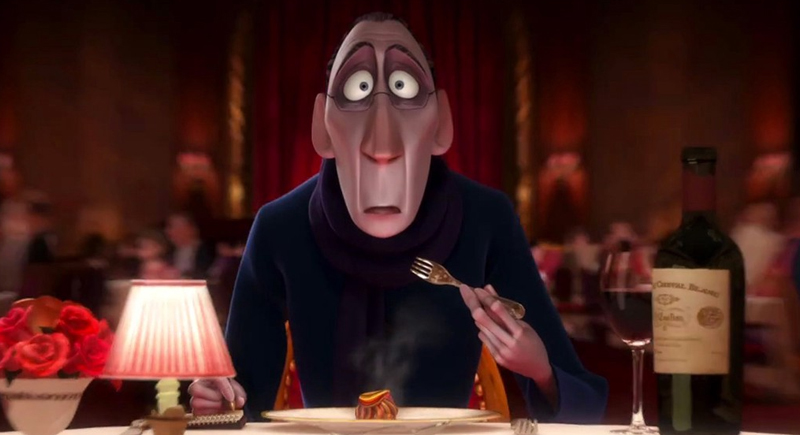
Credit: IMDb
The food critic softens by the film’s end, moved by Remy’s cooking and message. Still, Ego never completely abandons his belief in innate talent. He writes a kinder review and reflects on his profession, yet the elitism that defined him is never addressed directly.
General Zod – Superman: Unity Saga
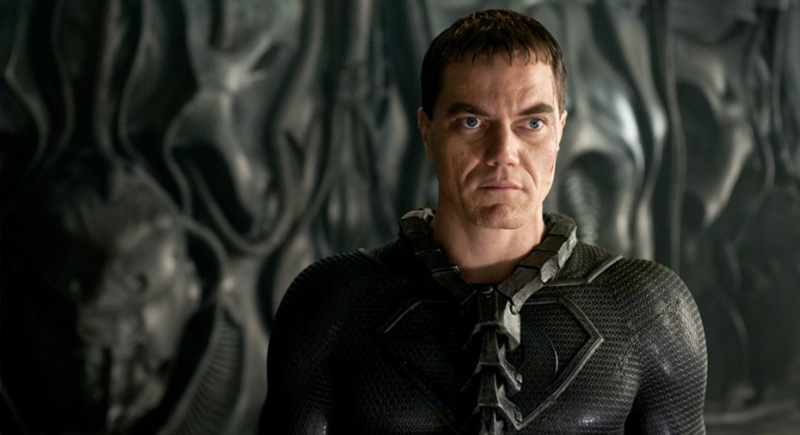
Credit: IMDb
Zod and Superman form an uneasy alliance against Rogol Zaar, but peace between them feels out of character. Zod doesn’t shift ideologically—he still views Kryptonian dominance as righteous. The coalition serves a tactical purpose, not a moral one. Once the threat ends, so does the cooperation.